Filter by

A History of Self-Harm in Britain: A Genealogy of Cutting and Overdosing
This book is the first account of self-harming behaviour in its proper historical and political context. The rise of self-cutting and overdosing in the 20th century is linked to the sweeping changes in mental and physical health, and wider political context. The welfare state, social work, Second World War, closure of the asylums, even the legalization of suicide, are all implicated in the prom…
- Edition
- -
- ISBN/ISSN
- 9781137529626
- Collation
- 268 hlm
- Series Title
- -
- Call Number
- -

A History of Intelligence and 'Intellectual Disability' : The Shaping of Psyc…
Starting with the hypothesis that not only human intelligence but also its antithesis 'intellectual disability' are nothing more than historical contingencies, C.F. Goodey's paradigm-shifting study traces the rich interplay between labelled human types and the radically changing characteristics attributed to them. From the twelfth-century beginnings of European social administration to the onse…
- Edition
- -
- ISBN/ISSN
- 9781315564838
- Collation
- 392 hlm
- Series Title
- -
- Call Number
- -

E-Cigarettes and the Comparative Politics of Harm Reduction
This open access book offers the first in-depth study of the history and current debates surrounding electronic cigarettes comparing the UK, US and Australia. Since their introduction, e-cigarettes have been the subject of much public, media and regulatory attention, with discussion centring on whether these devices encourage or discourage smoking. This study delves into the history of policyma…
- Edition
- 1
- ISBN/ISSN
- 978-3-031-23658-7
- Collation
- XIV, 144
- Series Title
- -
- Call Number
- -

Vitalism and Its Legacy in Twentieth Century Life Sciences and Philosophy
This Open Access book combines philosophical and historical analysis of various forms of alternatives to mechanism and mechanistic explanation, focusing on the 19th century to the present. It addresses vitalism, organicism and responses to materialism and its relevance to current biological science. In doing so, it promotes dialogue and discussion about the historical and philosophical importan…
- Edition
- 1
- ISBN/ISSN
- -
- Collation
- -
- Series Title
- History, Philosophy and Theory of the Life Sciences
- Call Number
- VIII, 269

Medical Missionaries and Colonial Knowledge in West Africa and Europe, 1885-1914
This open access book offers an entangled history of hygiene by showing how knowledge of purity, health and cleanliness was shaped by evangelical medical missionaries and their encounters with people in West Africa. By tracing the interactions and negotiations of six Basel Mission doctors, who practised on the Gold Coast and in Cameroon from 1885 to 1914, the author demonstrates how notions of …
- Edition
- -
- ISBN/ISSN
- 978-3-031-27128-1
- Collation
- XVIII, 454
- Series Title
- -
- Call Number
- -
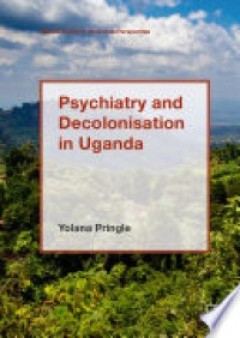
Psychiatry and decolonisation in Uganda
This open access book investigates psychiatry in Uganda during the years of decolonisation. It examines the challenges facing a new generation of psychiatrists as they took over responsibility for psychiatry at the end of empire, and explores the ways psychiatric practices were tied to shifting political and development priorities, periods of instability, and a broader context of transnational …
- Edition
- -
- ISBN/ISSN
- 9781137600950
- Collation
- XII, 259p, ; ill.
- Series Title
- -
- Call Number
- 616.890096761
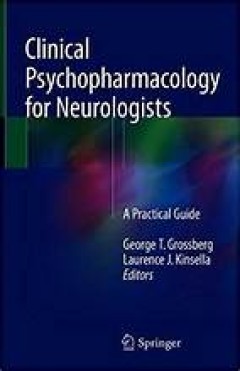
Pioneers in Pathology
This book presents a collection of short biographies and works of the pioneers in pathology. The alphabetically arranged entries allow readers to quickly and easily find the information they need.
- Edition
- 1
- ISBN/ISSN
- 978-3-319-41995-4
- Collation
- Kedokteran
- Series Title
- Encyclopedia of Pathology
- Call Number
- 617
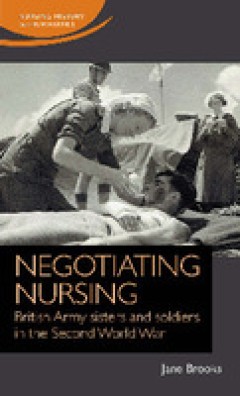
Negotiating nursing
Negotiating nursing explores how the Queen Alexandra's Imperial Military Nursing Service (Q.A.s) salvaged men within the sensitive gender negotiations of what should and could constitute nursing work and where that work could occur. The book argues that the Q.A.s, an entirely female force during the Second World War, were essential to recovering men physically, emotionally and spiritually …
- Edition
- Ed. 1
- ISBN/ISSN
- 9781526147257
- Collation
- 248
- Series Title
- -
- Call Number
- 610 BRO n
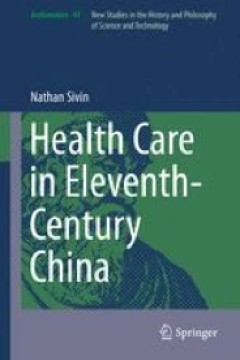
Health Care in Eleventh-Century China
By examining all the prevalent varieties of therapy from self-care to religious ritual, this book explores health care practices in China, before modern times. In ancient China most people were unable to afford a doctor, even in the unlikely case that one lived near their village and was willing to treat peasants. What did they do when their children got sick? The answer is to be found in this …
- Edition
- 1
- ISBN/ISSN
- 978-3-319-20426-0
- Collation
- XVII, 223
- Series Title
- Archimedes
- Call Number
- 900 MED h
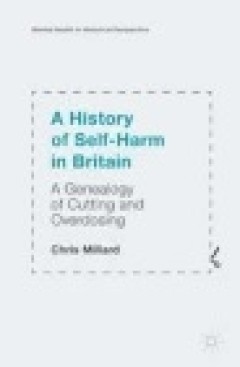
A History of Self-Harm in Britain: A Genealogy of Cutting and Overdosing
This book is open access under a CC BY license and charts the rise and fall of various self-harming behaviours in twentieth-century Britain. It puts self-cutting and overdosing into historical perspective, linking them to the huge changes that occur in mental and physical healthcare, social work and wider politics.
- Edition
- Ed. 1
- ISBN/ISSN
- 978-1-137-52962-6
- Collation
- -
- Series Title
- Mental Health in Historical Perspective
- Call Number
- 909 MIL h
 Computer Science, Information & General Works
Computer Science, Information & General Works  Philosophy & Psychology
Philosophy & Psychology  Religion
Religion  Social Sciences
Social Sciences  Language
Language  Pure Science
Pure Science  Applied Sciences
Applied Sciences  Art & Recreation
Art & Recreation  Literature
Literature  History & Geography
History & Geography